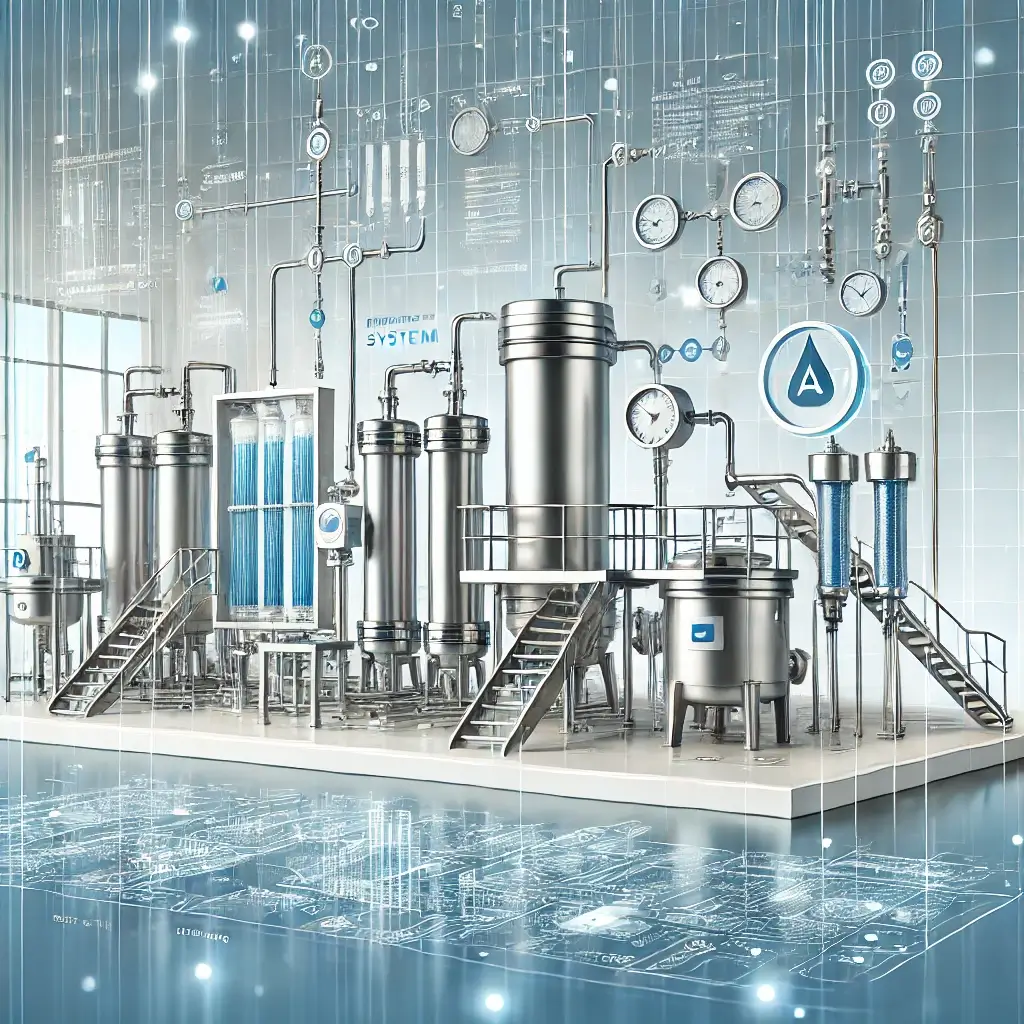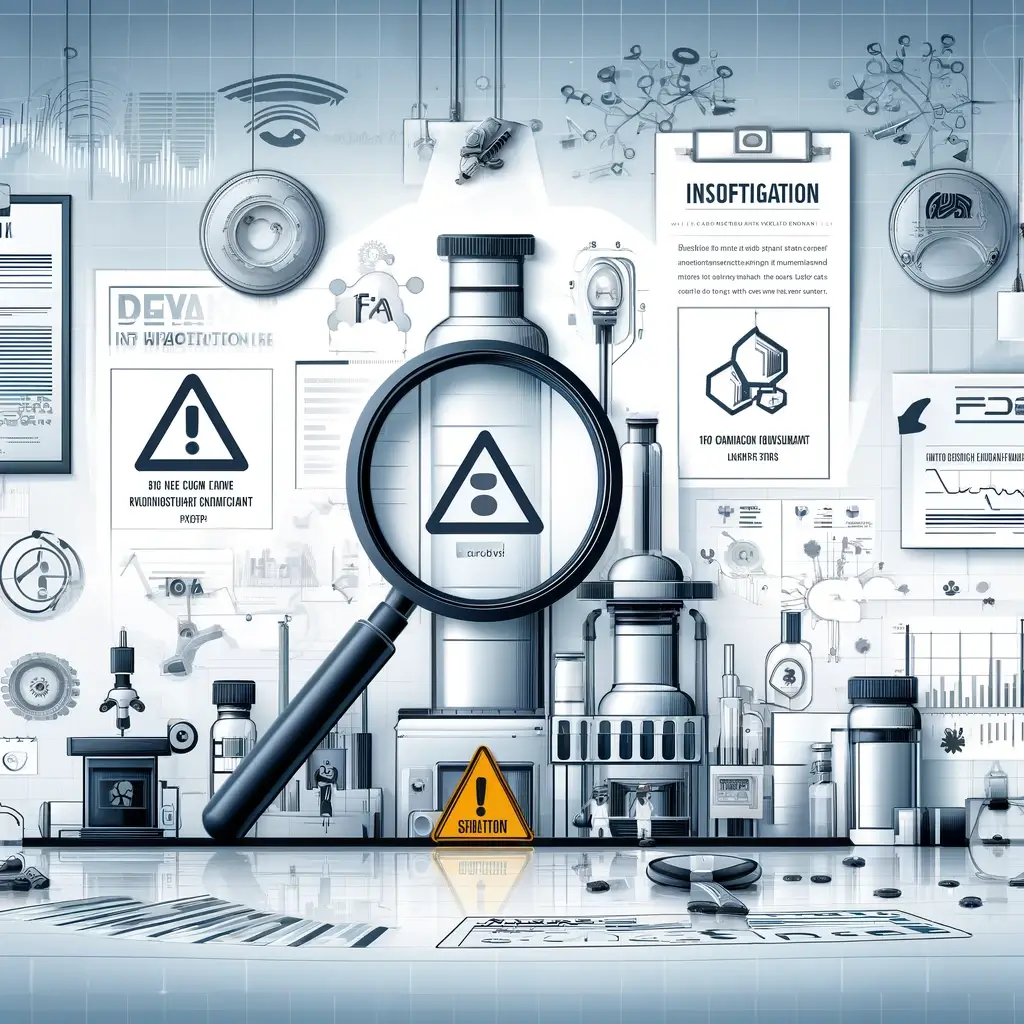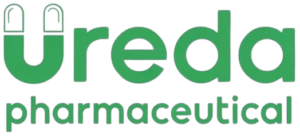Pharmaceutical Water Systems: Analysis of Common Deficiencies and Improvement Strategies

Pharmaceutical water systems are critical for drug manufacturing, encompassing preparation, storage, and distribution of purified and injectable water. This comprehensive guide analyzes key aspects like system design, routine monitoring, validation, and maintenance, adhering to GMP and international regulatory standards. Common issues in sampling plans, microbiological monitoring, and trend analysis are highlighted, offering actionable insights for quality assurance. Ideal for pharmaceutical professionals seeking to enhance system compliance and operational efficiency.
Pharmaceutical Water Systems: Analysis of Common Deficiencies and Improvement Strategies

Pharmaceutical water systems are critical for drug manufacturing, encompassing preparation, storage, and distribution of purified and injectable water. This comprehensive guide analyzes key aspects like system design, routine monitoring, validation, and maintenance, adhering to GMP and international regulatory standards. Common issues in sampling plans, microbiological monitoring, and trend analysis are highlighted, offering actionable insights for quality assurance. Ideal for pharmaceutical professionals seeking to enhance system compliance and operational efficiency.
Can the Author of a GMP Document Also Act as Its Reviewer? Exploring Regulatory Standards and Best Practices

The article explores the critical question of whether the same individual can author and review a GMP document. Emphasizing the “four-eyes principle,” it highlights the importance of independent reviews to ensure compliance, mitigate risks, and enhance objectivity. Regulatory standards such as EU GMP guidelines, FDA 21 CFR Part 211, and ISO frameworks are examined to underscore the necessity of separating authorship and review. The article concludes by advocating for best practices, including robust SOPs, to uphold quality and regulatory trust.
The Role of the Quality Unit in Pharmaceutical Manufacturing: Ensuring Compliance and Product Quality

The pharmaceutical Quality Unit plays a vital role in ensuring CGMP compliance and product quality. This article explores the key responsibilities of the Quality Unit, including establishing quality systems, auditing compliance, and conducting laboratory tests. It also discusses the challenges faced by Quality Units, such as managing third-party contracts and meeting regulatory requirements. Learn best practices to enhance the effectiveness of Quality Units and ensure compliance, trust, and credibility in pharmaceutical manufacturing.
Do You Make These 8 Big Mistakes In Your Deviation Investigations?

Deviation investigations are crucial for GMP compliance in pharmaceutical companies. This article summarizes eight common mistakes in deviation investigations and offers corresponding improvement suggestions to help companies enhance investigation efficiency and accuracy, reduce compliance risks, and achieve continuous improvement.

